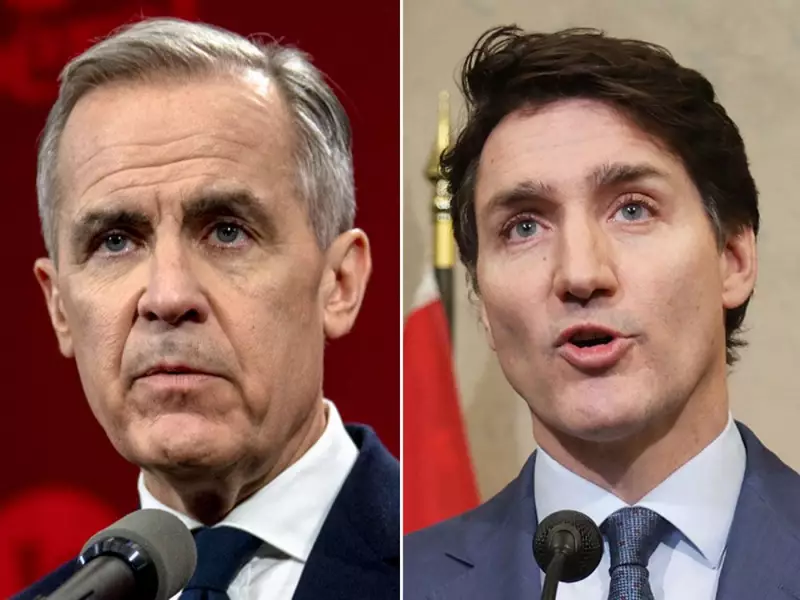
Mark Carney, the former governor of the Bank of Canada, appears to be charting a political course that closely mirrors one of Prime Minister Justin Trudeau's most polarizing initiatives, according to political analysts and critics.
Carney's recent positioning on carbon pricing suggests he may be preparing to double down on the very climate policies that have become a lightning rod for criticism against the current Liberal government. The approach raises questions about whether Carney has learned from what many consider Trudeau's signature political miscalculation.
The Carbon Tax Conundrum
At the heart of the controversy lies the carbon tax, a policy that has become synonymous with Trudeau's climate agenda. While intended to reduce emissions, the tax has faced mounting criticism for contributing to the cost-of-living crisis affecting millions of Canadians.
Industry experts note that Carney's recent statements indicate he may not only support maintaining the current carbon pricing framework but potentially expanding it. This stance comes despite growing evidence that the policy has become politically toxic in many parts of the country.
Economic Impacts and Public Backlash
The carbon tax has created significant economic ripple effects, affecting everything from grocery bills to home heating costs. Many middle-class families and small business owners have expressed frustration with the additional financial burden, particularly during a period of heightened inflation.
Political strategists observe that Carney's alignment with Trudeau's climate strategy could prove problematic if he pursues a future in federal politics. The carbon tax has already created deep divisions between urban and rural Canadians, and between different economic sectors.
Learning from Past Mistakes?
What puzzles many political observers is why Carney would embrace a policy that has generated such significant backlash. Trudeau's carbon tax has been credited by environmentalists for reducing emissions but criticized by economists for its regressive impacts and by politicians across the spectrum for its implementation.
Some analysts suggest Carney may be betting that long-term environmental concerns will eventually outweigh short-term economic complaints. However, others warn that failing to acknowledge the very real affordability concerns of ordinary Canadians could repeat Trudeau's biggest political errors.
The coming months will reveal whether Carney's approach represents thoughtful climate leadership or a failure to learn from recent political history. What remains clear is that carbon pricing continues to be one of the most contentious issues in Canadian politics, with no simple solutions in sight.






